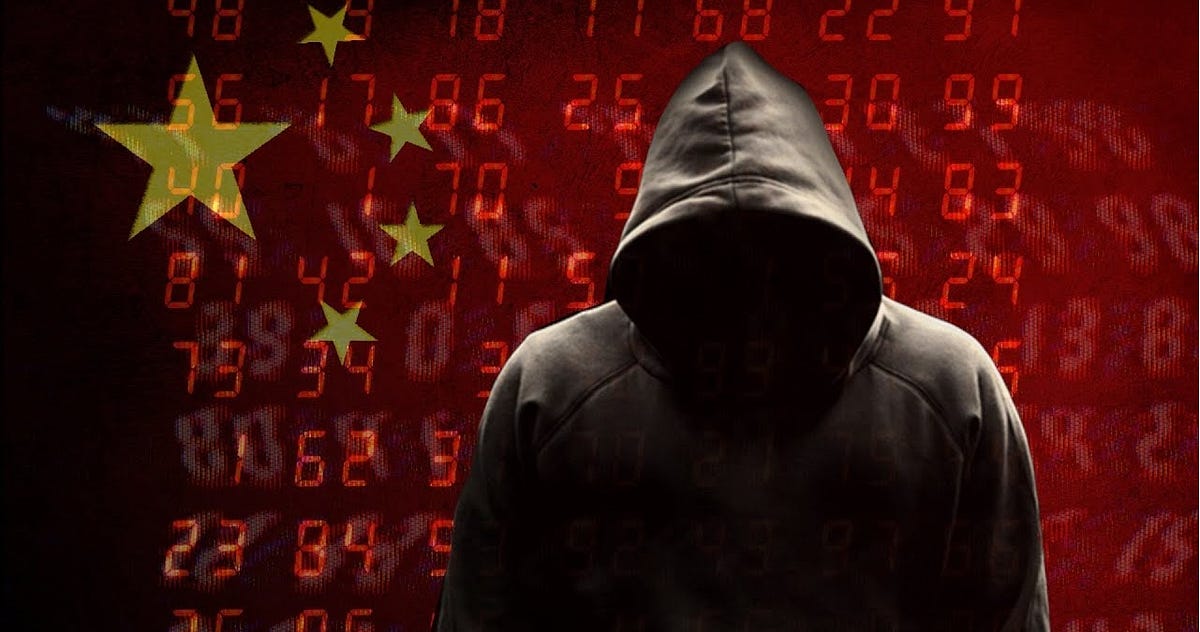Rising Global Tensions Could Portend Destructive Hacks
Critical Infrastructure Security
,
Cyberwarfare / Nation-State Attacks
,
Fraud Management & Cybercrime
CISA’s Goldstein Says Critical Infrastructure Should ‘Remain on Heightened Alert’

U.S. government agencies and private sector organizations should “remain on heightened alert” for disruptive cyberattacks targeting critical infrastructure and key sectors amid a series of escalating global conflicts, a top official for the U.S. Cybersecurity and Infrastructure Security Agency said on Wednesday.
Recent government analysis, including the latest annual global threat assessment of the U.S. intelligence community, indicates that cybercriminals and foreign adversaries would likely execute destructive attacks against critical infrastructure in the U.S. in the event of a Chinese conflict with Taiwan.
The U.S. is already facing major international crises – Russia’s invasion of Ukraine and the war between Israel and Hamas – that pose an “extraordinary challenge in cybersecurity” for government agencies, critical infrastructure operators and the private sector, said Eric Goldstein, CISA’s executive assistant director for cybersecurity.
“Russian cyber actors remain highly capable,” Goldstein said during an event hosted by think tank R Street Institute. There is “tremendous uncertainty” surrounding the future trajectory of Russian cyber activity around the war in Ukraine.
“We have to remain on heightened alert about how we think about the…


